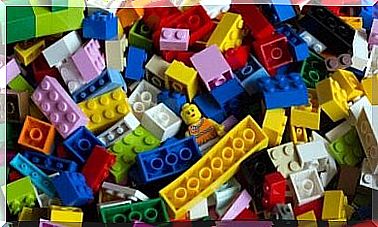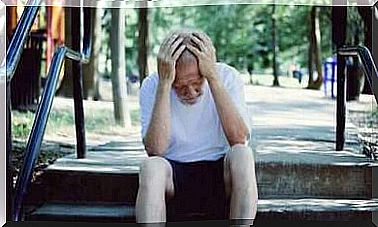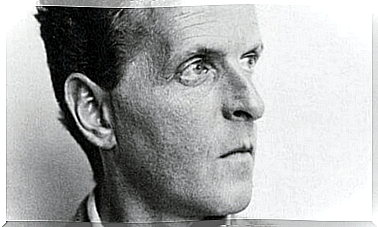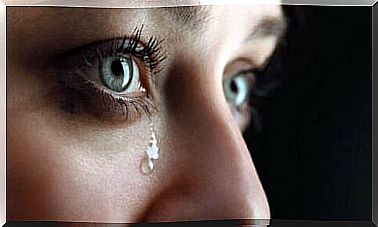It Is Not What You Have That Defines You, But What You Are
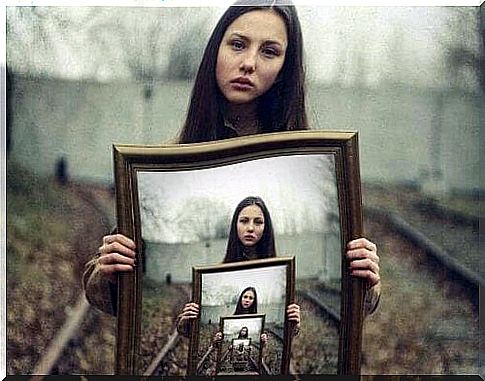
When someone defines himself, he tends to start the sentence with “I am …”. I am a psychologist, a cook, a cuddly, a grouch; but it is not true: those who describe themselves in this way forget many other things.
No one is a totally psychologist, or a totally cook or a cuddly or a grouch. These are only specific characteristics that emerge at certain moments in life, but they do not define a person.
It is much more correct to say “Sometimes I practice psychology, other times I prepare exquisite dishes, often I am very affectionate, but it also happens that I grumble a little”.
Otherwise, we do not present ourselves globally, but as if the part of us we are talking about constitutes our complete self. They are only portions of our person, which is much more complex.
Dr. Albert Ellis, father of rational-emotional therapy, teaches us that it is better to use the verb to have than the verb to be, which leads to evaluating specific behaviors or concrete actions and not the person as a whole.
It is not the same thing to say “Sometimes I have had moments of misunderstanding with my wife” than to say “I am a perfect idiot when I talk to my wife”.
Those who tend to value themselves globally will have a much lower self-esteem than people who are aware that a particular attitude, quality or attribute does not define them as human beings.
What defines you?
Accepting oneself unconditionally, as Ellis proposes, means not falling into the error of defining oneself according to external, superfluous or temporary characteristics, such as, for example, physique, fame, success, money or social status.
In fact, people must learn to accept themselves by putting all these characteristics on the sidelines: they must love each other unconditionally because they are human beings.

According to Ellis, all human beings are endowed with the same value, regardless of qualities or defects, since it is impossible to calculate a person’s worth. There is no rule to be able to measure it, even if, unfortunately, in our culture it is argued that a person is worth more or less than another on the basis of some aspects or possessions.
This does nothing but lead us to make absurd comparisons with others, plunging our self-esteem under the heels and subordinating our happiness to what we should and shouldn’t have. There is a myriad of pathologies related to the lack of unconditional acceptance!
Imagine an individual comparing himself to another because he has achieved professional success far superior to him. He is placing such a great deal of importance on success in the workplace that he is completely defined by it, even if it is really only one area of his life.
If we could read his mind, we would certainly find irrational thoughts such as “I’m good for nothing”, “I’ll never make it”, “I’m inept because I have achieved nothing in life”, etc.
This person will feel very unlucky; he will throw in the towel, stop fighting for what he wants and reassert his low self-esteem.
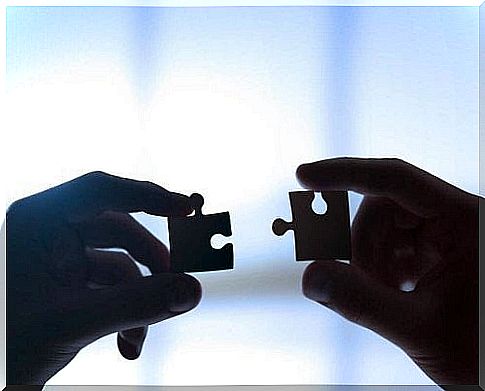
All of this would not have happened if it had been accepted unconditionally. His thoughts would have been much more rational, but not necessarily positive: “I have not reached that goal, but I can count on many other important things in life”, “just because he is more successful, it does not mean that I am incapable “,” My personal worth is not measured in job promotions “, etc.
You will value others the same way you value yourself
To accept yourself unconditionally, you must unconditionally accept others as well. The trick is not to be too stingy or too generous in attributing value, whoever is in front of you. A little graceful person, a very intelligent person, a famous person or a homeless person living on the street corner… They all apply equally.
This point is very important because it greatly improves relationships with others. If we do not judge, if we do not evaluate others for what they do, we will not even do it with ourselves, freeing ourselves from that enormous pressure that we often self-infuse.

Some strategies you can implement with others are: do not be too demanding and do not try to change the other, forgive and understand that everyone makes mistakes every now and then, do not judge others with global terms, but only pay attention to specific behavior they have had with you, and love people for the simple fact that they are human beings like you.
These techniques will have positive feedback on you, because you will adopt the habit of accepting unconditionally and you will no longer be too demanding either with others or with yourself or with life in general ; you will enjoy much healthier emotions. And don’t forget that it is who you are that defines yourself, not what you have.

